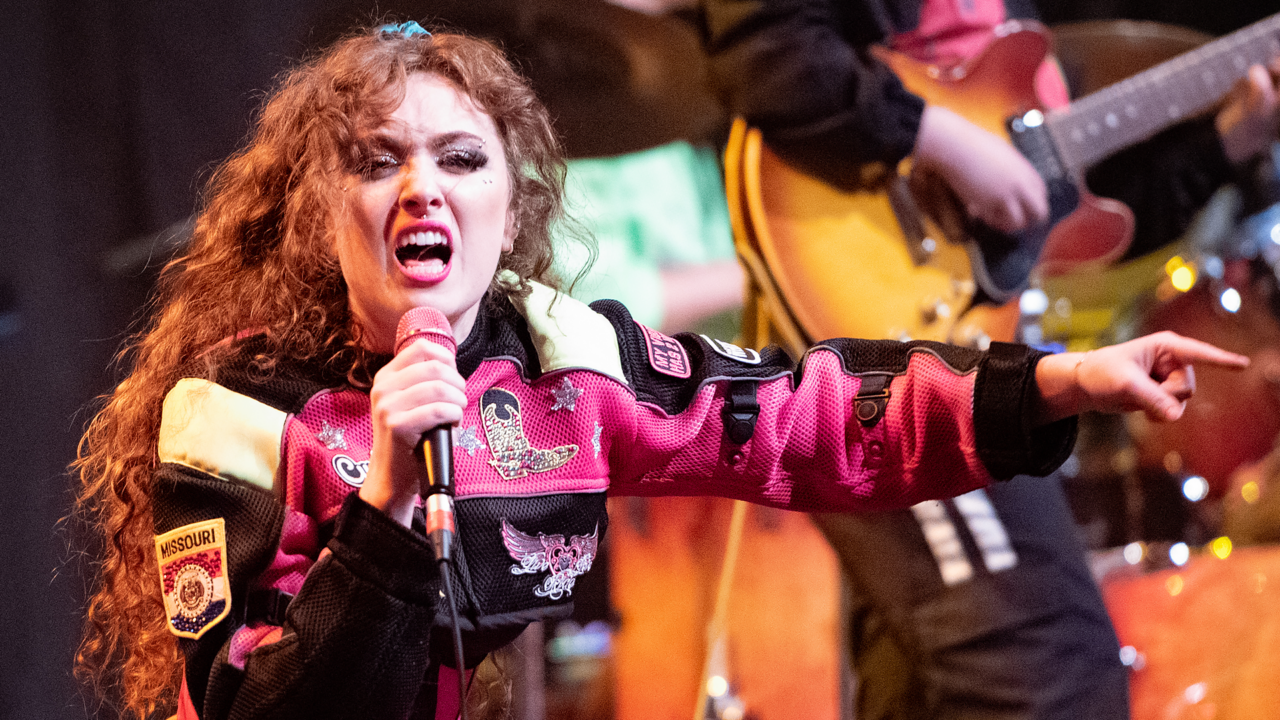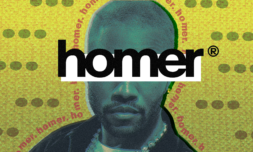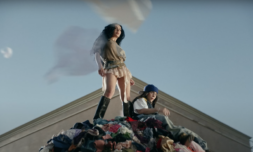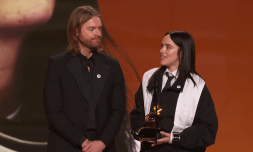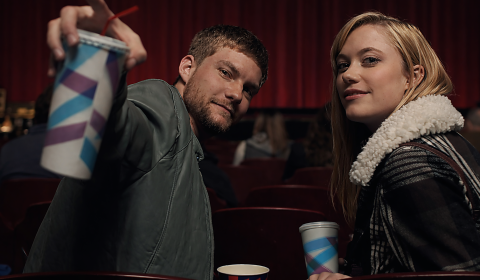The singer’s recent outburst against ‘entitled’ fans has reignited debates around the treatment of celebrities in the internet age.
Chappell Roan shot to fame at a rate unprecedented even at 2024 standards. Her overnight success betrays a years-long journey to stardom, where she launched music, was dropped by her record label, and then re-released an album all before the age of 25.
The singer, dubbed the Midwest Princess by her many fans, is now one of the most prominent artists of 2024, topping pop charts globally and touring music across the US. But her humble beginnings as the eldest of four children – all of whom grew up on a trailer park in Missouri – are a far cry from the adoration and scrutiny that now define her daily life.
Despite her astronomic fame, Roan has stayed relatively far from the limelight – or at least as much as she’s able to. Interviews are scarce, and her social media is more a tool to promote new music than a space for personal updates.
But the popstar gave an unusually raw insight into her private life this week, when she uploaded an impassioned rant to her TikTok account. In two videos, Roan called out the ‘crazy’ behaviour of ‘entitled’ fans, saying she feels ‘harassed’.
‘I don’t care that abuse and harassment is a normal thing to do to people who are famous or a little famous’ she told viewers. ‘I don’t care that it’s normal. I don’t care that this crazy type of behaviour comes along with the job, the career field I’ve chosen. That does not make it OK.’
Roan also lashed out at fans for allegedly ‘stalking’ her family members, describing it as ‘f*cking weird’ and calling out a growing sense of entitlement she claims crosses the line from admiration to invasion of privacy.
As in similar instances, Roan hasn’t been favoured kindly by some audiences, who believe her outburst is a reflection of celebrity privilege. As the singer alluded to herself, it’s long been argued that once you’re in the public eye you essentially ‘sign up for’ this kind of scrutiny.
Chappell Roan talks about the mistreatment she’s been receiving from fans:
“I don’t care that abuse and harassment and stalking is a normal thing to do to people who are famous or a little famous…That does not make it okay. That does not make it normal.” pic.twitter.com/SoHGVClUiB
— Pop Crave (@PopCrave) August 19, 2024
But the ongoing debate over the line between fan engagement and personal boundaries touches on broader questions about the blurred nature of reality and fantasy in the digital age—and the ways that social media has only further exacerbated the problem.
Roan’s outburst is not the first of its kind. Celebrities across the spectrum—from pop stars to actors to influencers—have faced similarly invasive fan behaviour, whether in the form of unwanted messages, personal invasions, or even stalking.
Each of these things is disturbing and would be treated with severity if they were to happen to a ‘regular’ person. But when celebrities call it out, sympathy is often scarce. The problem is that those in the limelight are preaching to the wrong audience – one who can’t, and never will, be able to empathise with their situation.
Roan’s concern that fans feel overly familiar with her, seemingly embolden by the access they have to her life online, highlights a problem that has grown with the rise of social media platforms. Spaces like Instagram, X, and TikTok have bolstered the public expectation that celebrities maintain a constant and intimate connection with their audiences.









